There is no evidence that Iran has decided to build a nuclear weapon, and if it did, the U.S. and its allies would most likely be able to detect such a step soon after it was taken, CIA Director William Burns said Monday.
As Israel weighs how it will retaliate against Iran after it came under an Iranian ballistic missile barrage last week, speculation has focused on whether it might choose to strike nuclear sites in Iran to try to cut off Tehran’s possible path to a nuclear weapon.
Speaking at the Cipher Brief security conference in Sea Island, Georgia, Burns said Iran has advanced its nuclear program by stockpiling uranium enriched to near weapons-grade levels. As a result, Iran could quickly secure enough fissile material for an atomic bomb if it chose to and there would be less time for the outside world to respond, he said.
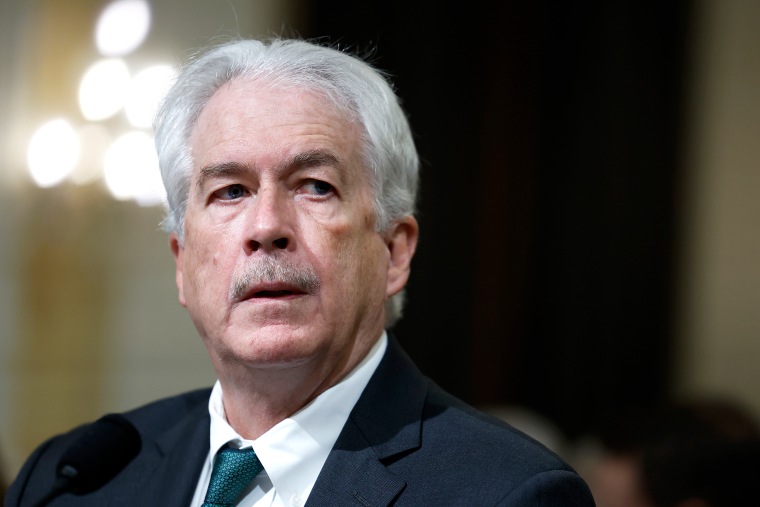
“No, we do not see evidence today that the supreme leader has reversed the decision that he took at the end of 2003 to suspend the weaponization program,” Burns said of Iran’s unelected leader, Ayatollah Ali Khamenei, who holds ultimate authority in the country’s theocratic system. The U.S. intelligence community assessed that Iran suspended its program at Khamenei’s behest last year.
Iran has developed the “means of delivery” for a potential nuclear weapon by building up its missile arsenal, he said. And since the U.S. pulled out of the 2015 nuclear agreement between Iran and major powers known as the JCPOA in 2018, Tehran “is in a much closer position to produce a bomb’s worth of … enriched material for a single weapon,” Burns said.
The JCPOA imposed strict limits on Tehran’s nuclear program while easing economic sanctions on the country. As president, Donald Trump pulled the U.S. out of the deal six years ago, reimposed sanctions and introduced new sanctions. Since the U.S. exit, Iran has steadily blown through the restrictions on its nuclear activities and blocked international inspectors from seeing some nuclear sites.
When the JCPOA was in effect, he said, it would have taken Iran more than a year to amass enough highly enriched uranium for a nuclear bomb.
“Now it’s probably more like a week or a little more to produce one bomb’s worth of weapons-grade material. So the risks have increased,” Burns said.
Estimates vary as to how much time it would take Iran to build a viable nuclear weapon once it has acquired enough fissile material. Some experts say it could take up to a year to produce a warhead.
Burns said the U.S. has closely monitored Iran’s nuclear activity for any sign that the regime is rushing toward a bomb.
“We don’t see evidence today that such a decision has been made. We watch it very carefully,” Burns said.
“I think we are reasonably confident that — working with our friends and allies — we will be able to see it relatively early on. But … the great danger in a way is that time frame has been compressed in ways which create new challenges for us,” he said.
Israel versus Iranian proxies
Burns said Israel had scored major tactical successes against Iran’s most important proxy force, the Hezbollah militia in Lebanon.
Speaking on the first anniversary of the Oct. 7 Hamas terrorist attack on Israel, Burns said the military strength of Hamas, another major Iranian proxy, had also been severely degraded over the past year.
But he said the difficult task now was to combine those battlefield gains with “smart diplomacy” to halt fighting between Israel and Hezbollah and between Israel and Hamas in the Gaza Strip.
“Now we face the very real danger of a further regional escalation of conflict,” said Burns, a former career diplomat who spent years in the Middle East.
Even though leaders in both Iran and Israel are not necessarily looking for an all-out conflict, “there remains a risk,” Burns said.
Burns said Israel, with excellent air defenses and intelligence, was able to fend off two rounds of Iranian missile attacks on Israel, one in April and again last week.
“I think, in some ways, that did expose some of the limitations in Iranian military capabilities,” he said. “But that’s not to suggest that those capabilities are still not quite potent. And, you know, something that not only Israel but the United States needs to take very seriously, too.”
Burns also touted the CIA’s recent efforts to reach out on social media to disaffected Russians, offering potential informants a way to contact it secretly.
He said the effort is going “pretty well” and has also angered his intelligence counterparts in Russia.
“It has produced results,” Burns said. “And alongside those results, in terms of what the purpose of this is, it has thoroughly pissed off my Russian counterparts, including the head of their services, which in itself is probably worth the effort.”

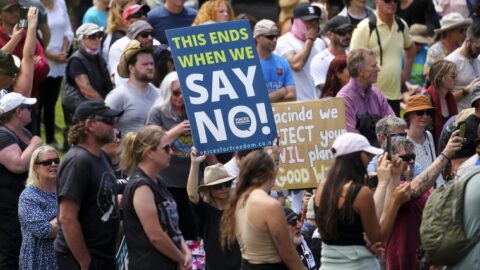
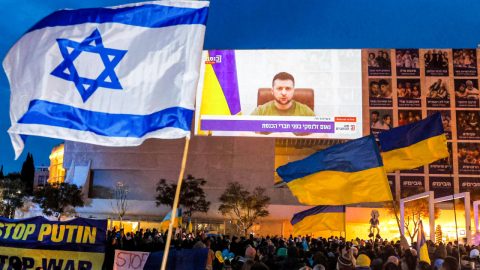

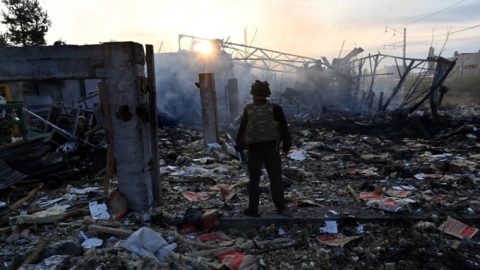
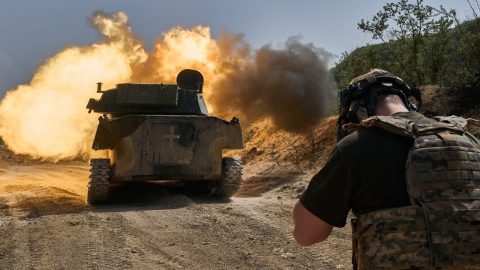
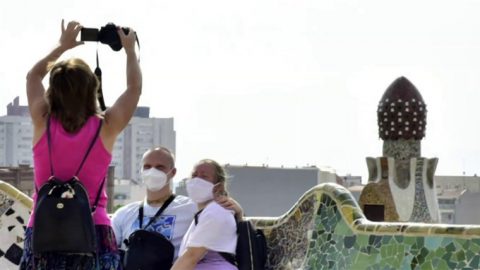

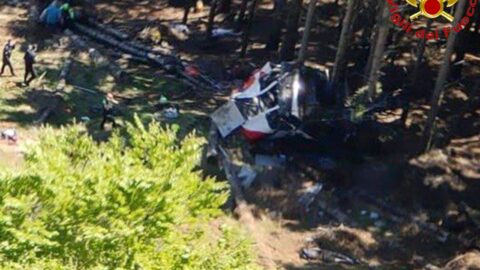
Recent Comments